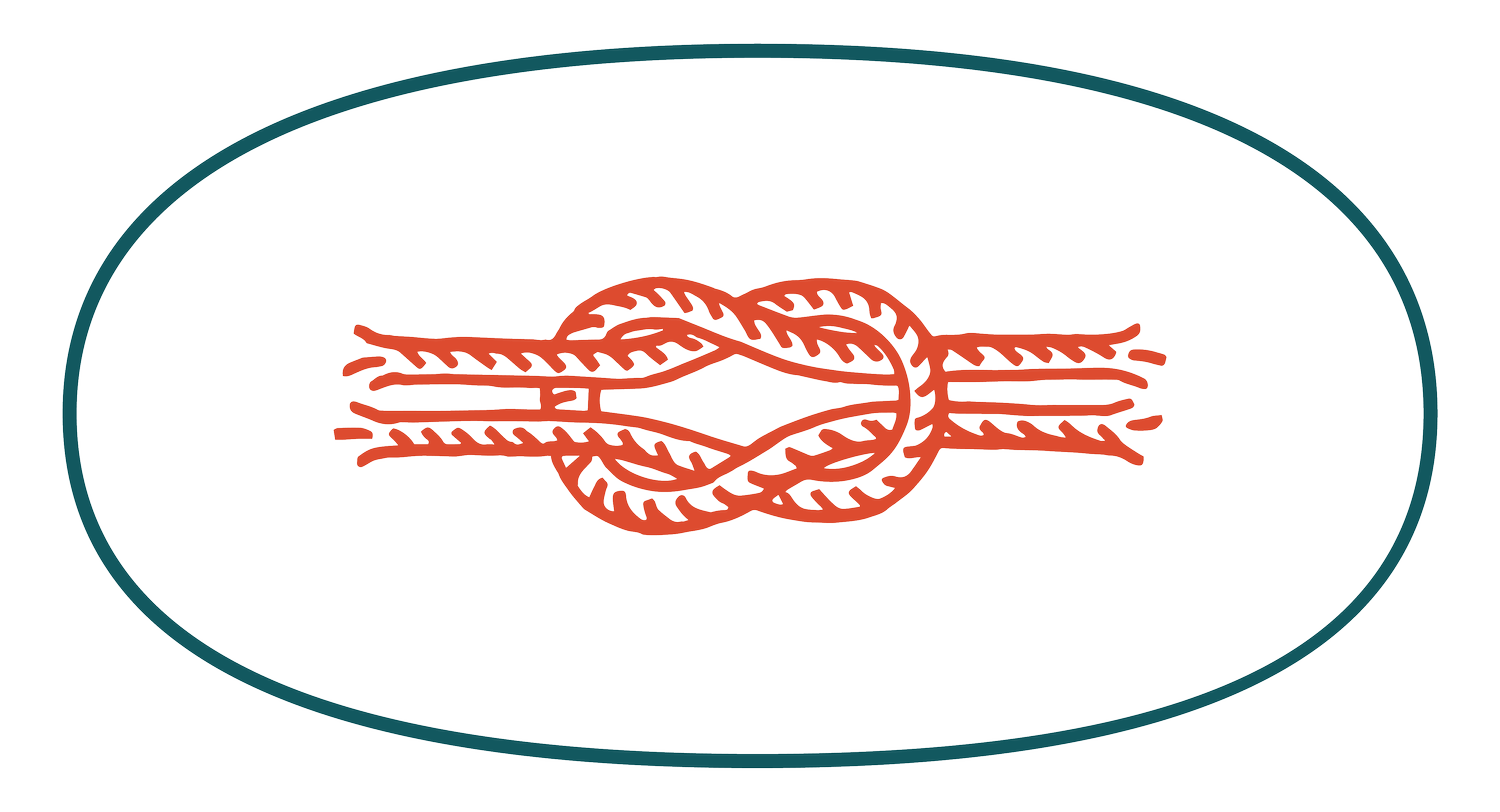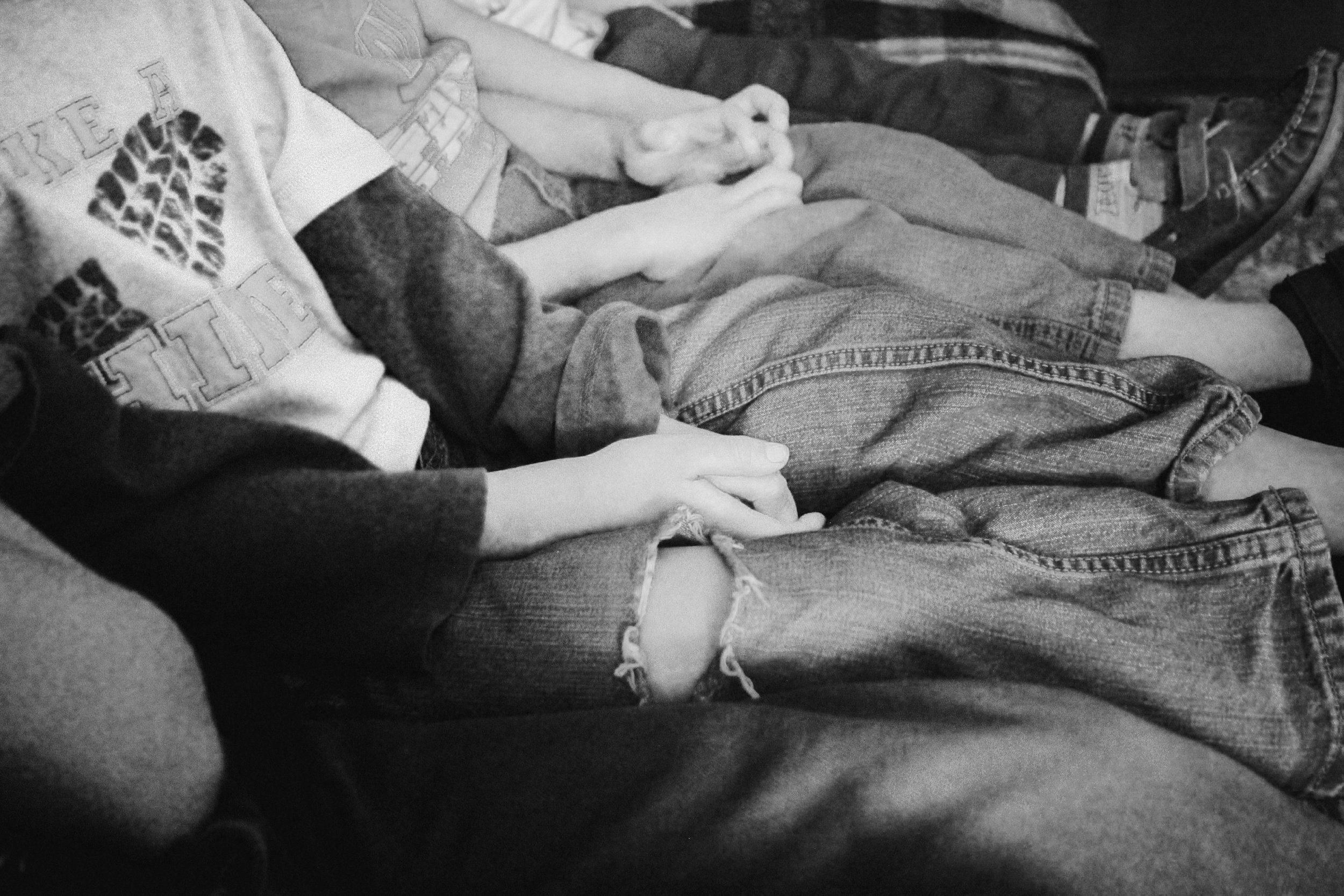Who Are the “Widow” and the “Orphan”?
Throughout the Bible, we see the “orphan” and the “widow” mentioned as people God protects, helps, and cares for deeply.
His expectations of us as His children are no different, but most of us know very few “orphans” and “widows,” as we commonly define them. But in fact, the Bible almost always references them together, not as separate groups.
To better understand what this means for those globally working to “look after orphans and widows in their distress,” and what it could mean for you, your church, and your community, let’s take a look at who “orphans” and “widows” are.
Who are the “orphan” and the “widow” described in James 1:27?
When most people hear the word “orphan,” in or outside of the context of James 1:27, they imagine a destitute, impoverished child with no parents.
Yet of the 140 million+ “orphans” worldwide, only about 15.1 million have lost both parents. The majority of these continue living with a single parent or extended family.
Globally, around 80% or more of the children living in orphanages have at least one living parent, and a far greater percentage almost certainly have living extended family members.
Most of these children did not become orphans until they were placed in orphanages, taking on an “orphan” identity along with their new living situation.
With this in mind, it’s fairly reasonable to conclude that “orphans” today are also vulnerable children who have already been separated from their family or are at a high risk of being forced to trade the care and love of a family for the four walls of an institution.
They are the victims of poverty, war, disaster, abuse, neglect, illness, or death.
Similarly, the “widow” is generally imagined as the woman left to fend for herself after the tragic death of her husband.
Yet if we can open our eyes a bit wider and consider the widow with the same broad lens we can use to look at the “orphan,” we’ll see that there are far more “widows” in our midst than we would have thought.
With this broader scope in mind, we see that a widow or widower can be left to fend for themselves not just at the death of a spouse, but also because they ran away from their spouse to escape abuse, or because their spouse is incarcerated, suffers from a chronic and debilitating illness, is engaged in war or conflict, is unemployed, or any other number of factors that leave a single parent to meet the needs of their children and, sometimes, their spouse.
Just like the “orphan,” more often than not “widows” are victims of poverty, war, disaster, abuse, neglect, and illness.
While death has left those 140 million+ orphaned children with single parents or no parents at all, countless millions of “widows” are parents in destitute poverty or single parents left to care for the children on their own through abandonment or some other non-death related separation.
While single parents (specifically single mothers) are an incredibly vulnerable population, even couples who are still together can find themselves in such dire circumstances that they may lose their partner or have their children become “orphans.”
So what does this mean for us today?
Though the world has changed significantly in the last few thousand years, the vulnerability of parents and children in crisis has not.
All around the world, and even in our own country, families are at risk of crumbling and falling apart, filling our world with more “orphans” and “widows.”
While the “orphan” is certainly the child with no parents, he is also the child whose parents couldn’t afford to send him to school so they turned him into the local orphanage that provided the service for free.
She is the child who has to work instead of going to school because her single mother cannot afford to care for her otherwise.
They are the children with no mother who are left locked at home because their dad is working all day and has no money for child care.
We must look at struggling parents in the same way.
While the “widow” is surely the single parent whose spouse has died, she is also the mother who had to escape her abusive husband or boyfriend for her own safety and the safety of her children.
They are the parents who need their children to work the fields with them so that they can scrape a living together and afford their next meal.
He is the husband whose wife suffers from a debilitating chronic illness and so is unable to work.
“Widows” and “orphans”, then, are vulnerable children and families. Plain and simple. Not just those who have lost family, but also those who could lose their family at any moment.
So, the call to care for the “orphan” and the “widow” is not just a call to care for children living without families and single parents.
It is the call to respond BEFORE these vulnerable children and families become orphans and widows.
Caring for the “widow” and the “orphan” then means not just caring for the woman with no husband or the child with no parents, but caring for vulnerable and single parent families, preventing family structures from being broken, and even working to restore broken families when reconciliation and reunification is possible.
Church and the communities are responsible for identifying and accompanying children who could end up as “orphans” living inside the isolating walls of an orphanage, and families in dismal circumstances, and struggling single parents whose best efforts are still falling short of their children’s needs.
By stepping in before the crisis results in “orphans” and “widows,” we will see stronger families, stronger communities, and stronger countries.
Orphanages may actually FINALLY become a thing of the past.
So what can we do to care for them?
“Looking after orphans and widows in their distress” is a more urgent, real, and far-reaching call than we’ve often imagined it to be.
We must do justice, fighting for families to stay together by coming alongside them in their trials and figuring out how to prevent their children from becoming orphans.
We must love mercy, offering resources and opportunities for reconciliation and redemption where generational poverty or cycles of abuse have damaged family structures and relationships.
We must walk humbly with God our Father, knowing that He desires to see healthy families and homes, and praying relentlessly for this to become the reality.




